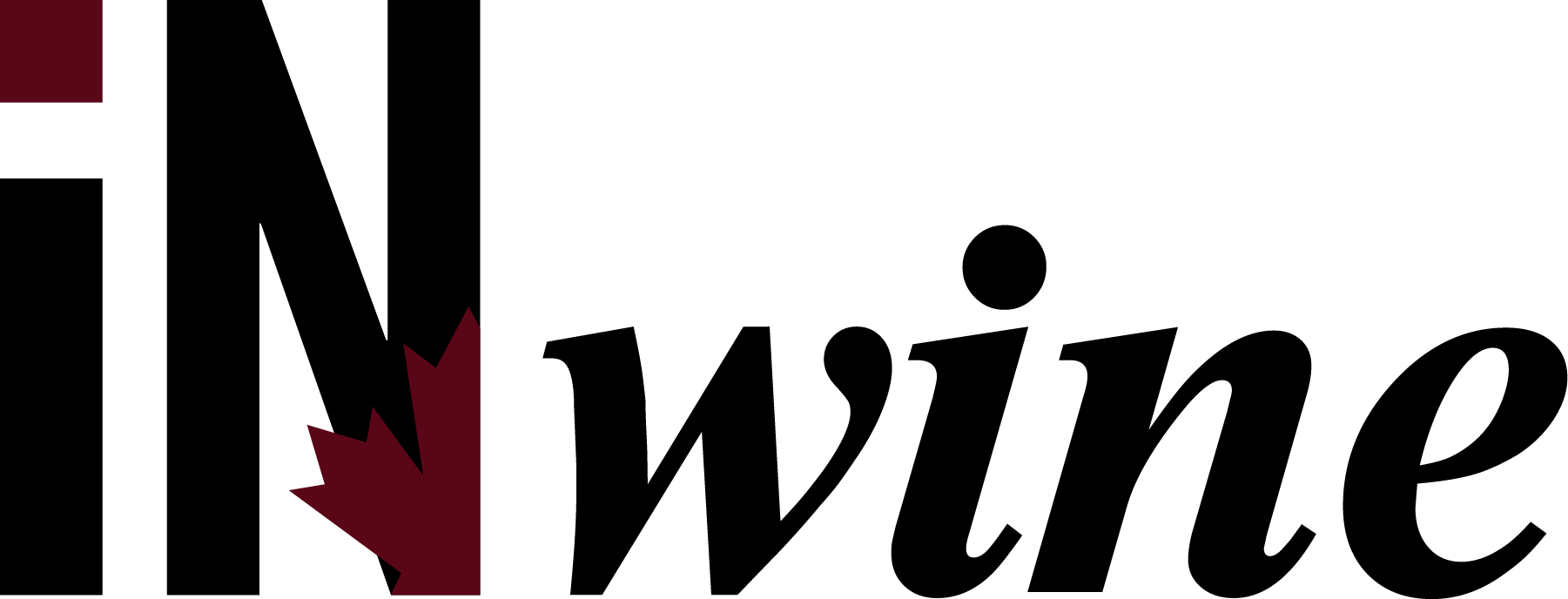BC labour federation launches campaign to back gig drivers
The BC Federation of Labour is encouraging gig workers to file employment standards complaints against companies like Uber and DoorDash just weeks before the province plans to impose new work standards in that industry.
The federation is holding workshops this week to help drivers and food delivery workers file complaints to the Employment Standards Branch, arguing those companies have wrongfully been treating them as contractors and not employees.
The workshops and an associated letter-writing campaign come as the province prepares to introduce legislation that the federation had hoped would force the companies to give those workers a minimum wage, sick pay and other rights guaranteed under B.C. employment law.
Kuljeet Singh, an Uber driver involved in the federation’s campaign, says drivers are tired of waiting for government intervention after 18 months of consultations that have yet to produce concrete change.
“I’ve been waiting for one and a half years, and it’s getting worse every day,” Singh said.
Singh is one of hundreds of gig workers government spoke to as part of a wide-ranging survey of gig workers last year and in early 2023.
It concluded thousands of people were making a living based on jobs that offered no benefits or job security and that workers face low pay, poor transparency and no coverage if they are injured on the job. The workforce has been estimated in the tens of thousands in B.C.
Singh drives on Uber because it offers him the flexible schedule he needs to care for his ailing father. But he said problems with how the company treats workers have only grown worse, particularly problems of low pay and drivers being arbitrarily kicked off the app and left unable to pay bills.
“We are working hard every day and not making nearly enough,” Singh said.
Apps like Lyft, Uber, DoorDash and SkipTheDishes argue workers like Singh are contractors, meaning they are paid a set fee for each ride or delivery and are responsible for their own expenses. They are not covered by the Employment Standards Act or considered eligible to unionize.
But labour advocates have argued many of these drivers meet the legal definition of an employee.
In B.C., the legal question has never been settled.
The United Food and Commercial Workers Local 1518 filed a complaint to the province’s labour board in 2019, arguing workers for Uber and Lyft were dependent contractors and thus employees. The board dismissed that application, saying the union did not have a sufficient stake in the dispute since drivers for those companies were not actually union members.
Labour Minister Harry Bains has previously said that’s a determination that should be made by his ministry’s Employment Standards Branch, which is tasked with enforcing employment law and investigating companies who violate it.
But the branch says it has never received an employment complaint about Uber, DoorDash, Lyft or SkipTheDishes, some of the largest companies in this area.
Hermender Singh Kailley, the labour federation’s secretary-treasurer, says the umbrella group for B.C. unions has not relied on complaints to the Employment Standards Branch in the past because “individual workers shouldn’t have to take on deep-pocketed large companies on their own over a systemic issue that government needs to address.”
“But workers are increasingly frustrated, and they don’t want to wait for government to do something; they want to act now,” Kailley said in a prepared statement.
David Fairey, co-chair of the BC Employment Standards Coalition, which is assisting in the planned workshops, believes that’s because many workers are intimidated. “The companies will hire the best lawyers in town,” he says.
But he also says it perplexes him that the branch has never investigated the matter given the size of those companies, some of which have operated in B.C. since early 2020.
“We think they’re failing at enforcing the act,” Fairey said.
In the meantime, Bains is set to introduce legislation that might make that question moot.
His government put out a call for proposals this summer for how to achieve minimum work and pay standards in the app-based gig economy.
The federation, and academics, have urged government to avoid creating any “new” category of worker, afraid it could dilute the strong labour rights ensured by existing employment law.
But app companies like Uber have argued their relationship with their workers is not a typical employee-employer dynamic. They’ve pushed instead for reforms that would increase pay but leave their business models largely intact.
Many app companies were bullish about a recent discussion paper put out by the B.C. government that emphasized protecting the “flexibility” of the work and considering alternative payment and employment structures.
“It’s encouraging to see the B.C. Ministry of Labour recognize the importance of protecting the flexibility this type of work provides in its recent discussion paper, and we look forward to continuing to work with the ministry to ensure the voices of Dashers are reflected in any new public policies,” DoorDash spokesman Javier Lacayo said in a statement.
Bains has not said when legislation is coming but said he would “have more to say on proposed solutions in the coming weeks.”
The Tyee has learned that a bill is likely to be introduced later this month and that some key stakeholders have already been briefed on its contents under non-disclosure agreements.
The federation, though, has ramped up its lobbying campaign. It recently started a letter-writing drive aimed at key government MLAs under the banner of “Workers Deserve Better” that urges government to “close loopholes in legislation” and protect workers under employment law.
“Workers hope that showing the government the depth and breadth of the issue, and that they are real people being affected, will demonstrate the urgency of taking action,” Kailley said.
— This story was originally published by The Tyee.






